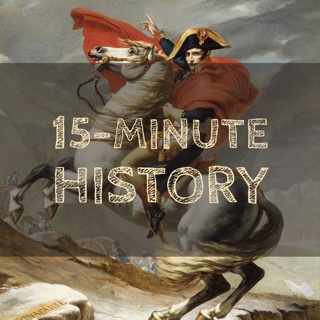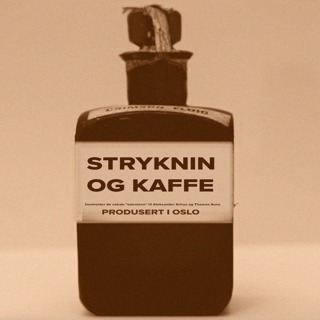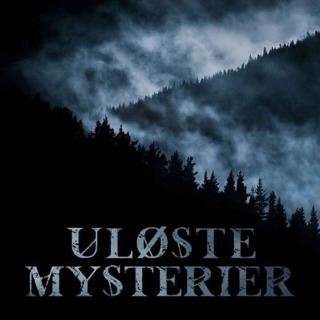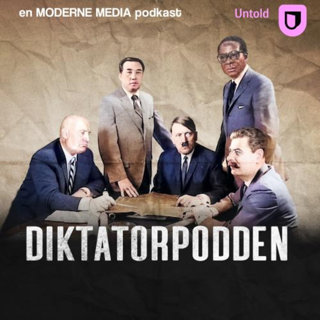
The Christmas of 1914 | The Most Extraordinary Christmas Day
Five months into the First World War, as the European powers were hurling their young men into barbed wire and machine-gun fire, Pope Benedict XV issued a plea "that the guns may fall silent at least upon the night the angels sang." The governments of the warring nations ignored the pontiff's call, and generals ordered their men to continue to fight while the rest of the Christian world celebrated the birth of Jesus. But as midnight approached on Christmas Eve in multiple sectors along the Western and Eastern fronts, officers spoke in hushed tones in English, German, French, and Russian about giving the soldiers under their command a break from the terrors of war. Artillery that had fired constantly since the late summer fell silent, and when the new day began, all was quiet. Join us as we teach you about the Christmas Truce of 1914. From all of us here at 15-Minute History, we wish you a very Merry Christmas and Happy Holidays. See you in 2022!
20 Des 20219min

Jordan Peterson | A Discussion on Order and Chaos
Join us as we discuss Jordan Peterson, his influences, his writings, and his effect on society today.
13 Des 202121min

Special Discussion | Three Historical Figures
Join Jon and Dan as they each discuss three historical figures and their effect on world history.
6 Des 202152min

Jordan Peterson | Order and Chaos
Join us as we teach you about Jordan Peterson, the effect of his philosophy on today's society, and the means by which he affects change (for the good or bad) across the globe.
29 Nov 202113min

Thanksgiving & the Art of Being Thankful
Join us as we share three stories about Thanksgiving and explore the art of being thankful. This episode originally ran in 2019.
25 Nov 202113min

Fyodor Dostoyevsky | A Discussion
Join us as we discuss Fyodor Dostoyevsky, his life, his influences, and his genius.
22 Nov 202125min

Fyodor Dostoyevsky | The Darker the Night, the Brighter the Light
He looked up at the white sky. The flakes did come into view until they came through the holes in the roof. A breeze blew through the building. Men around him huddled close together. He didn’t smell the stink anymore. It was all the same smell. Among the flakes now contrasting with the dark of the roof, he centered on one that moved slowly down to him. It went to and fro, back and forth, until it seemed to hover, suspended and clean, uncorrupted by the world and the filth and the pain that it was falling into. Then it fell. And when it touched his arm he watched it absorb the dirt and blood and suddenly it looked like rot. He turned back to the sky and repented. His voice was the only one he could hear. Join us as we teach you about Fyodor Dostoyevsky, his influences, his style, and his impact on our world today.
15 Nov 202112min

Caesar Augustus | A Discussion of Clay and Marble
Join us as we discuss Ceasear Augustus, his life, and how his actions directed the rise of one of the largest empires in the history of the world.
8 Nov 202127min




















